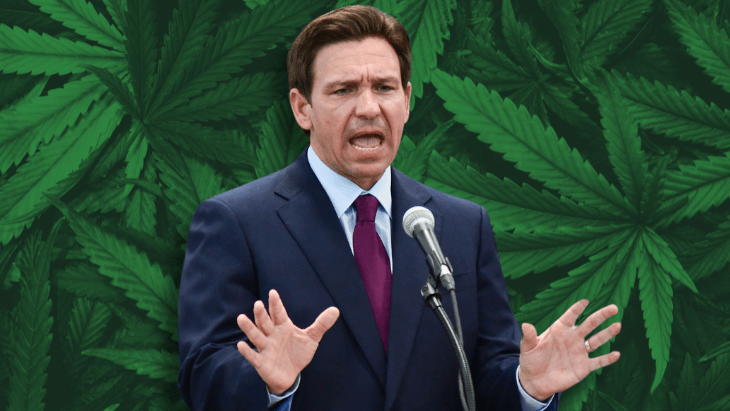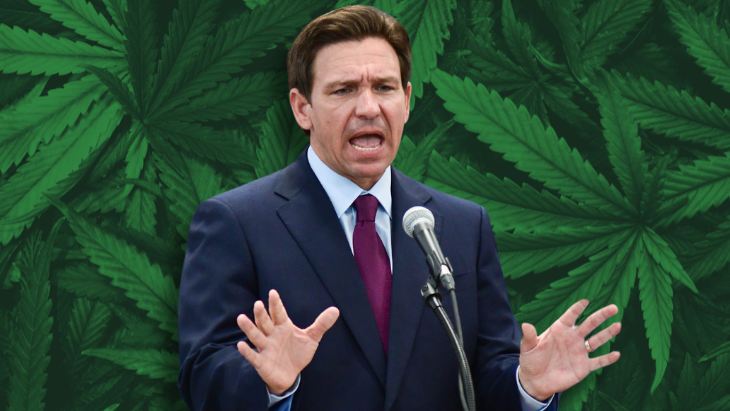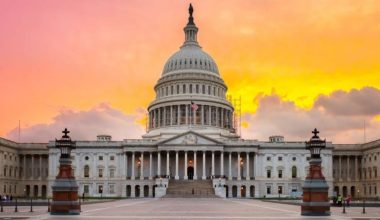
Republican Gov. Ron DeSantis has signed legislation into law making it more difficult for entities to place ballot initiatives before Florida’s voters.
The law, which is already being legally challenged as unconstitutional, imposes significant new hurdles for those seeking to place initiatives on the state ballot. Specifically, it mandates that campaign supporters post a $1 million bond before commencing signature gathering; it prohibits the use of out-of-state canvassers, and it narrows the window during which signatures must be submitted to election officials from 30 days to ten, among other changes.
Florida law already requires ballot initiatives to pass by a vote of 60 percent rather than by a simple majority. No other state imposes that requirement.
Passage of the new law comes just months after the defeat of Amendment 3, which sought to regulate the adult-use cannabis market. Fifty-six percent of Floridians voted for the amendment, which was publicly opposed by Gov. DeSantis. During the campaign, Gov. DeSantis funneled millions of dollars in state funds to air anti-marijuana ads on television.
Under the new law, tax dollars can no longer be spent by elected officials to oppose amendment campaigns.
In January, the campaign behind the Amendment 3 effort, Smart & Safe Florida, filed paperwork to place another ballot question before voters in 2026. Earlier this month, proponents filed over 218,000 signatures with state election officials. Proponents need to gather over 880,000 validated signatures to qualify the measure for the ballot.
Lawmakers in other states are also seeking to make it more difficult for voters to decide on marijuana-related ballot initiatives. In Texas, lawmakers have advanced SB 1870, which forbids voters from deciding upon any local ballot efforts that seek to decriminalize marijuana. In Idaho, lawmakers approved a resolution asking voters to provide legislators with the exclusive authority to amend state laws specific to the legalization or decriminalization of marijuana and other controlled substances. If enacted by voters next year, no future initiatives pertaining to how marijuana or other controlled substances are regulated will be permitted to appear on the Idaho ballot.
Related
Medical Disclaimer:
The information provided in these blog posts is intended for general informational and educational purposes only. It is not a substitute for professional medical advice, diagnosis, or treatment. Always seek the advice of your physician or other qualified healthcare provider with any questions you may have regarding a medical condition. The use of any information provided in these blog posts is solely at your own risk. The authors and the website do not recommend or endorse any specific products, treatments, or procedures mentioned. Reliance on any information in these blog posts is solely at your own discretion.






